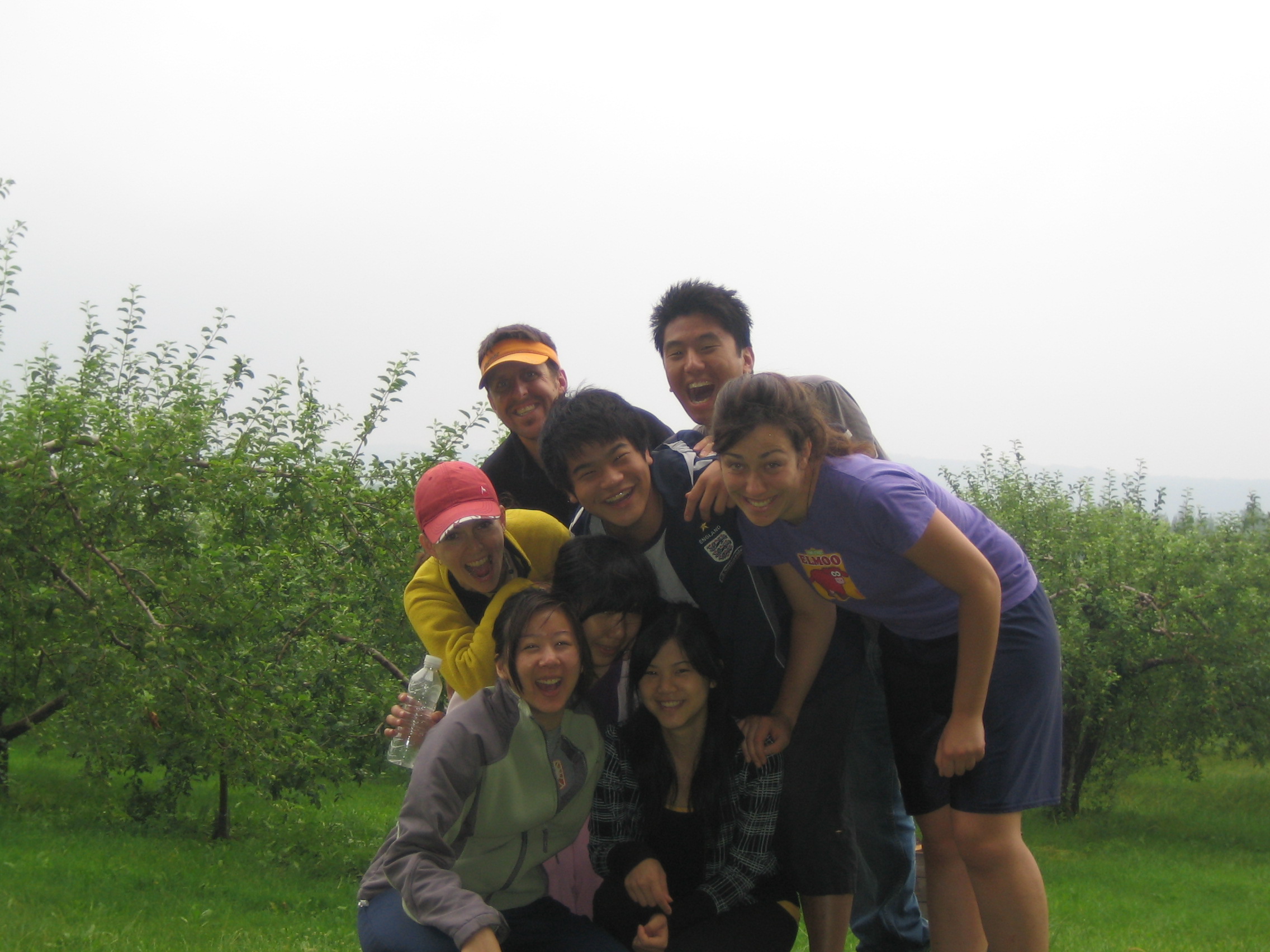I just read a great post from murphy24p about the relationship between culture and church.
He had these four categories “un-churched,” “de-churched,” “over-churched,” and the “churched.” As I was reading this post, I noticed that the centre point of his discussion was how individuals related to the church. Then I wondered, what would these relationships look like if we placed the cravings of the human soul as the centre point?
Here are my categories:
The Unreflective: These individuals have an understanding of the Church and Christianity that is based mostly on second-hand knowledge. In other words, their perception of the Church and Christianity is from pop culture, weddings, and funerals. Therefore, they never go to church, nor examine the claims of Christianity because they believe they already know what it’s all about.
The Hurt: These individuals have personally been hurt by Christians and/or by Churches. As a result, they see Christians and the Church as a bunch of hypocrites. They resonate with Karl Marx in believing that “religion is the opium of the masses.”
The Seeker: These individuals are more in tune with their self-identity and realize that they have these unquenchable cravings and thirsts in their life. As a result, they seek to quench these cravings in any way that they can, including through the examination of Jesus Christ.
The Sojourner: These individuals realize that life does not end when they die, but that there is eternal life through Jesus Christ. As a result, they see their time on earth as temporary and mission-oriented. There is more to life than this.
